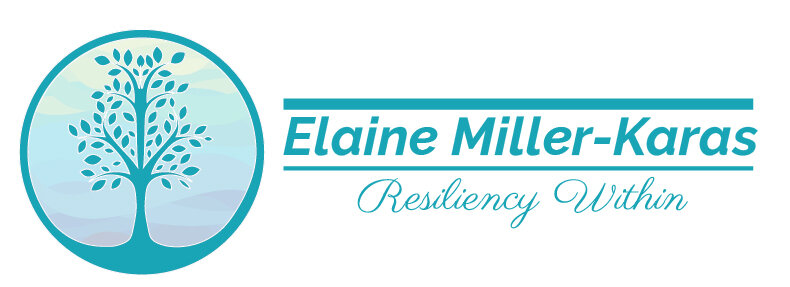The Community Resiliency Model® to promote nurse well-being
Linda Grabbe 1, Melinda K Higgins 2, Marianne Baird 3, Patricia Ann Craven 4, Sarah San Fratello 3
Abstract
Background: Rising rates of secondary traumatic stress and burnout among nurses signal a crisis in healthcare. There is a lack of evidence regarding effective interventions to improve nurse well-being and resiliency.
Purpose: This study used a randomized controlled trial parallel design to test the effectiveness of a 3-hour Community Resiliency Model® (CRM) training, a novel set of sensory awareness techniques to improve emotional balance.
Methods: Registered nurses in two urban tertiary-care hospitals were invited to participate, which entailed attending a single 3-hour "Nurse Wellness and Well-being" class; 196 nurses consented and were randomized into the CRM intervention or nutrition education control group to determine if the CRM group would demonstrate improvement in well-being and resiliency, secondary traumatic stress, burnout, and physical symptoms.
Findings: Pre/post data were analyzed for 40 CRM and 37 nutrition group members. Moderate-to-large effect sizes were demonstrated in the CRM group for improved well-being, resiliency, secondary traumatic stress, and physical symptoms. Participants reported using CRM techniques for self-stabilization during stressful work events.
Discussion: CRM shows promise as a brief resiliency training for hospital-based nurses.
Keywords: Burnout; Nurse; Randomized Controlled Trial; Resilience; Secondary Traumatic stress; Well-being.
